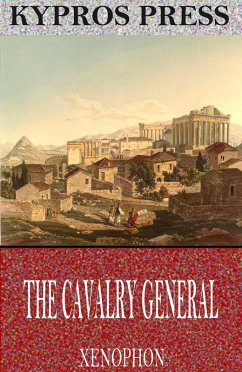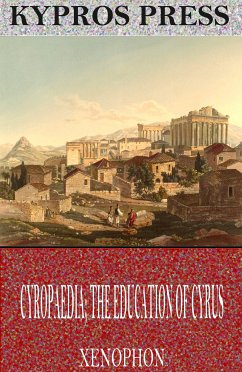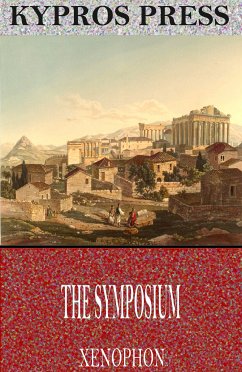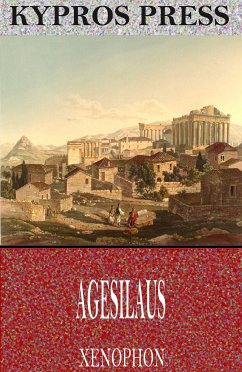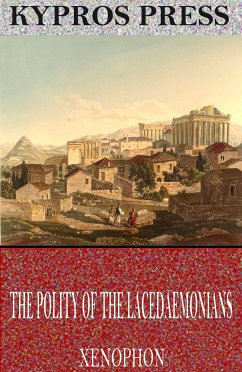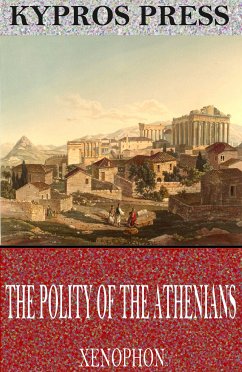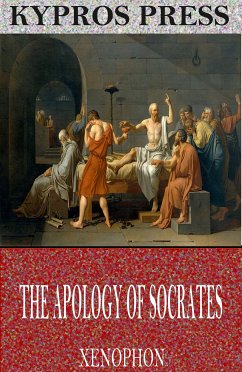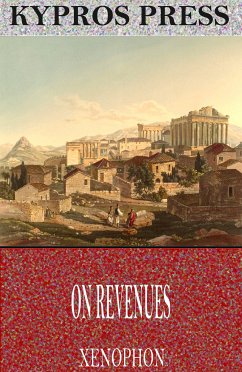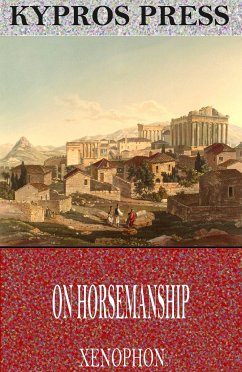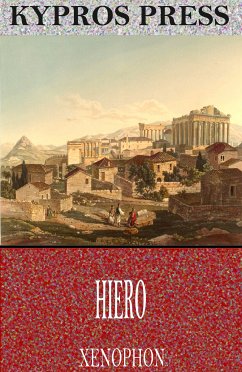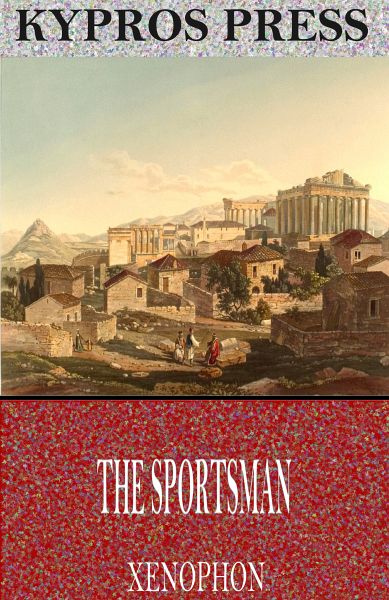
The Sportsman (eBook, ePUB)

PAYBACK Punkte
0 °P sammeln!
Xenophon was an ancient Greek historian, soldier, and student of Socrates. Xenophon was not considered a philosopher during his time but he is now often considered one. Xenophon's writings cover many different genres and are still widely studied by students today. This edition of The Sportsman includes a table of contents.
Dieser Download kann aus rechtlichen Gründen nur mit Rechnungsadresse in A, B, BG, CY, CZ, D, DK, EW, E, FIN, F, GR, H, IRL, I, LT, L, LR, M, NL, PL, P, R, S, SLO, SK ausgeliefert werden.




